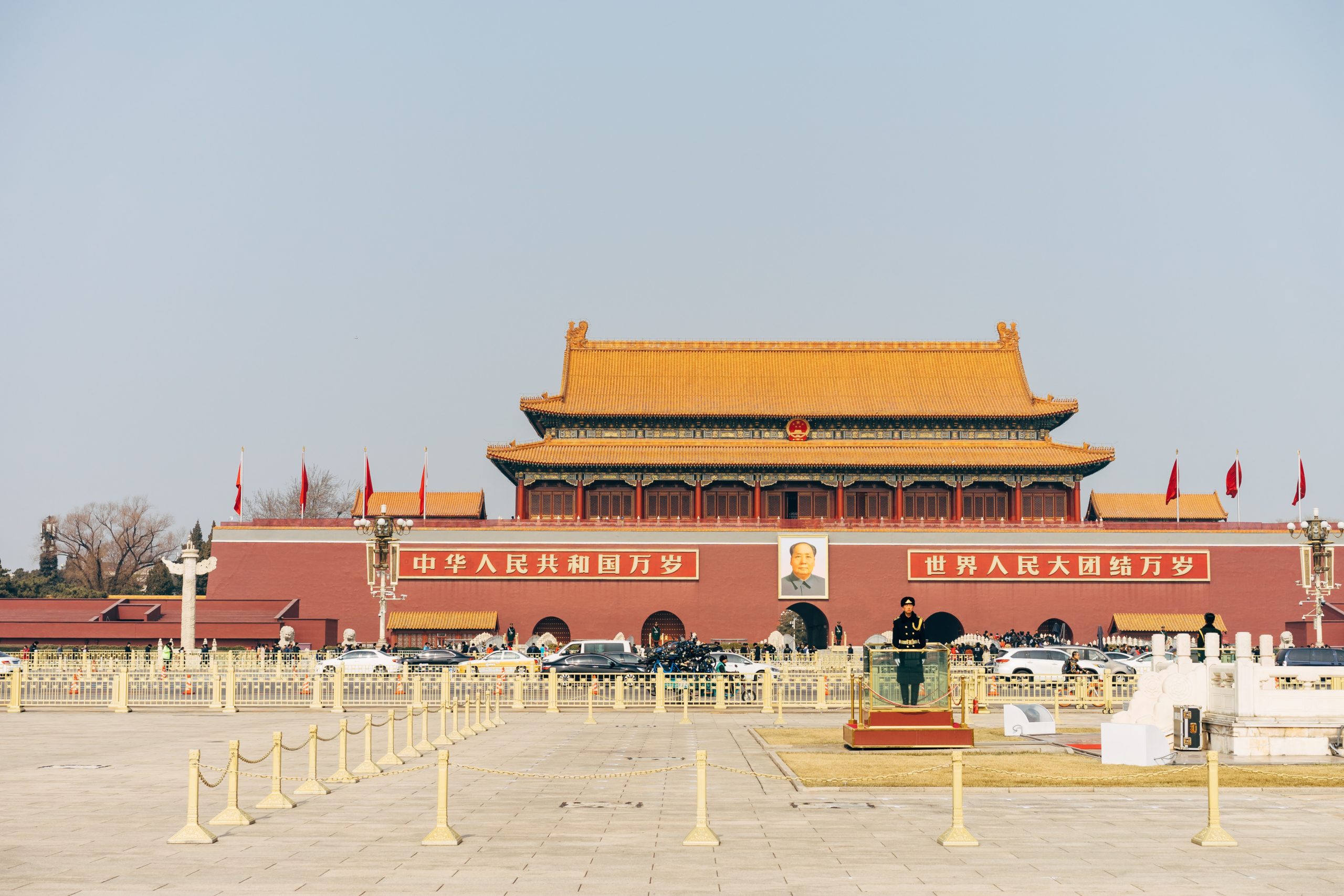I was doing some literature review on China’s foreign policy recently. It came to me that there were three books published last year on this topic. They were all written by US scholars. This is not a surprise, given that ‘China’s foreign policy overreach’ has been a frequently appeared phrase in several occasions: support of the Ukraine War, the Taiwan Strait crisis, and the tech war with the US. So, let’s take a look and compare the arguments of these three books.
Book: The World According to China
How China’s rise affect the global order has been an enduring discussion. Elizabeth Economy, the author of this book, is the senior advisor (for China) at the US Department of Commerce. She discusses the four major strategic ‘playbooks’ that Beijing has been exerting its power to protect or expand its interests: protection of its sovereignty, the Belt and Road Initiative, technological development, and global governance. The book basically summarises most of China’s overreach since the mid-2010s, including economic statecraft, para-military coercion, and overreaction in the issues of Hong Kong, Taiwan, and Tibet.
Economy concludes that Beijing has experienced ‘mixed success in attaining its vision of a reordered international system’. As I suggest in the book review that I wrote for The China Journal last year, the conclusion is rather descriptive. It does not provide definite answer to explain China’s discrepancy between ‘deft diplomacy and brute force’. The book does not sufficiently discuss the lack of coherence among all of China’s foreign policy overreach.
Still, the book has offered an insightful, objective overview of China’s foreign policies in recent years. For readers who only want some light readings of China’s foreign policy, this may be an introductory volume to read.
Book: Daring to Struggle: China’s Global Ambitions under Xi Jinping
While Economy’s book lacks an in-depth analysis of China’s global ambitions, Professor Bates Gill’s book offer an explanation of how China’s foreign policy is made under Xi Jinping. He suggests a six fundamental objectives. First, decision making is centred by legitimacy. It creates a rhetoric that, under the Party’s leadership, China is no longer be bullied. Then, the Party also makes decision according to China’s global leadership, the ability to maintain sovereignty, expansion of economic and military power, wealth, and ideas.
Professor Gill has done a great job of ‘making sense’ of China’s foreign policy overreach. Unlike Economy, he has put China’s policy into an analytical framework, and explain why China behaves in a certain way. For example, to understand China’s assertive behaviours in the South China Sea, he suggests while sovereignty matters, policy also needs to align with the Party’s legitimacy as well as the expansion of China’s regional leadership.
Based on his framework, readers will have a better understanding what might be China’s next step in foreign policy, especially during Xi Jinping’s second term. To further understand Professor Gill’s arguments, please listen to his book launches available in YouTube.
Book: Overreach: How China derailed its Peaceful Rise
Differ from Gill’s book, Professor Susan Shirk examines China’s policy overreach through the lens of domestic politics. Among all three books, I would say this may be the best book on this topic. As the title speaks for itself, the book takes a step further to argue that China’s policy overreach may harm its overall development. This seems to be sequel of Professor Shirk’s book twenty years ago, China: Fragile Superpower, which has a subtitle of ‘how China’s internal politics could derail its peaceful rise’. Shirk argues that the black box of China’s political system is what making China fragile. It prevent reforms and introduce collective leadership. Consequentially, it allows Xi Jinping to introduce strongman politics, and therefore the Party has received less policy suggestions. Because of the failure of the reform, Shirk suggests that China has shifted from ‘could derail’ to ‘has derailed’ from its peaceful rise.
Compare with Economy and Gill, Shirk has adopted a stronger position on China’s foreign policy overreach. As a Chinese politics scholar, I may not fully agree with her judgement, for instance, the warning of a possibility of a new cold war. Still, her analysis on China’s domestic and elite politics is significant to the understanding China’s foreign policy. China does not become a wolf warrior randomly. This is a result of the evolving party-state model, in which outsiders may have limited understanding of.

